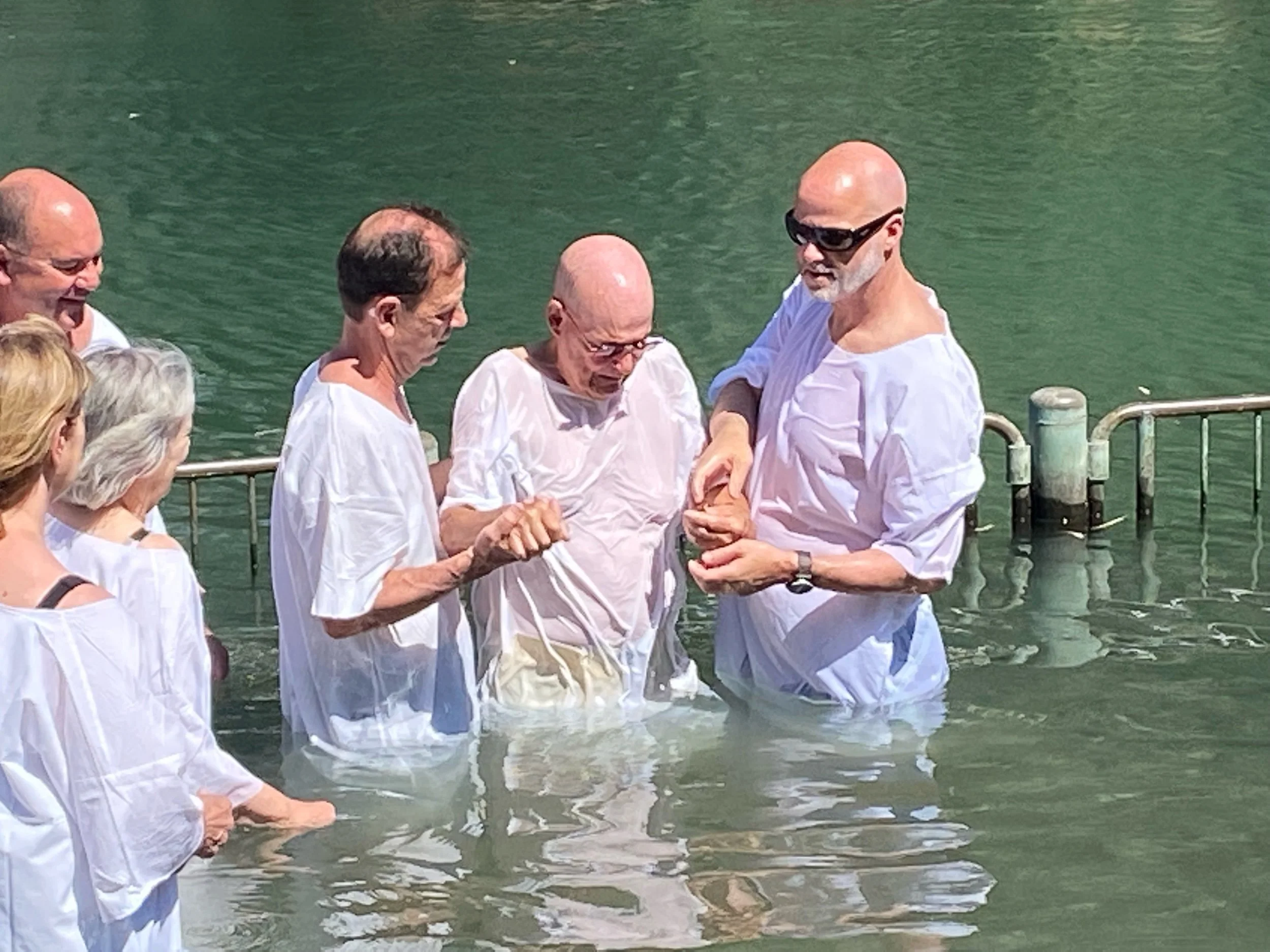Readings for today: Isaiah 9-12, Psalms 111
I am wrapping up my time in Ethiopia. It has been so good to be back with the people I love. The men and women I get to serve while I am over here are some of the most inspiring you could ever meet. You won’t see their names in the news. They don’t have large followings on social media. They will never be recognized by the world. But they will be great in the Kingdom of God. They will sit at the right hand of Jesus when He comes again. I am humbled just to know them.
One of the real challenges in this country is tribal violence. Ethnic conflict. Extremist groups from different regions engaging in guerilla warfare against the federal government. The reaction has been swift and harsh. Suspension of civil liberties. States of emergency. Homes invaded. People imprisoned. Loss of any kind of due process. It’s heartbreaking to witness. I have dear friends over here who have experienced these things simply because of their ethnic identity. They happen to belong to the wrong tribe and live in the wrong place at the wrong time. This kind of thing is not unique to Ethiopia, of course. We see it all over the world. We see it in the Middle East. We see it in Russia and Ukraine. We see it in America. No matter where one goes, human beings seemingly have this innate, sinful tendency to divide. And sadly, our divisions are rarely peaceful.
Thankfully, God has a different vision for the world. One He casts in the eleventh chapter of the Book of Isaiah. “The wolf will dwell with the lamb, and the leopard will lie down with the goat. The calf, the young lion, and the fattened calf will be together, and a child will lead them. The cow and the bear will graze, their young ones will lie down together, and the lion will eat straw like cattle. An infant will play beside the cobra’s pit, and a toddler will put his hand into a snake’s den. They will not harm or destroy each other on my entire holy mountain, for the land will be as full of the knowledge of the Lord as the sea is filled with water.” (Isaiah 11:6-9 CSB) When the Messiah comes in all His power and glory, the world will finally know reconciliation. The world will finally know peace. True shalom. The end of all division and violence and hatred and enmity.
How do we know this to be true? Because of what God did on the cross. There He tore down every dividing wall of hostility that exists between us and He gave us His Spirit to bring unity. The church is therefore called to live in such a way that we give the world a picture of what life will one day look like in the Kingdom of God. Imagine the power of the witness we could have if God’s people would embrace Isaiah’s vision? Imagine a church unified across political, ethnic, tribal, economic, generational, and theological divisions? Imagine a church that took seriously the commands from Psalm 133 and John 17? It’s actually not all that hard to imagine if we take seriously the call to have the same mind that was in Christ Jesus and seek to follow the example He lays down in Philippians 2:5-11.
Readings for tomorrow: Isaiah 13-17, Psalms 112 (No devotionals on Sundays)




